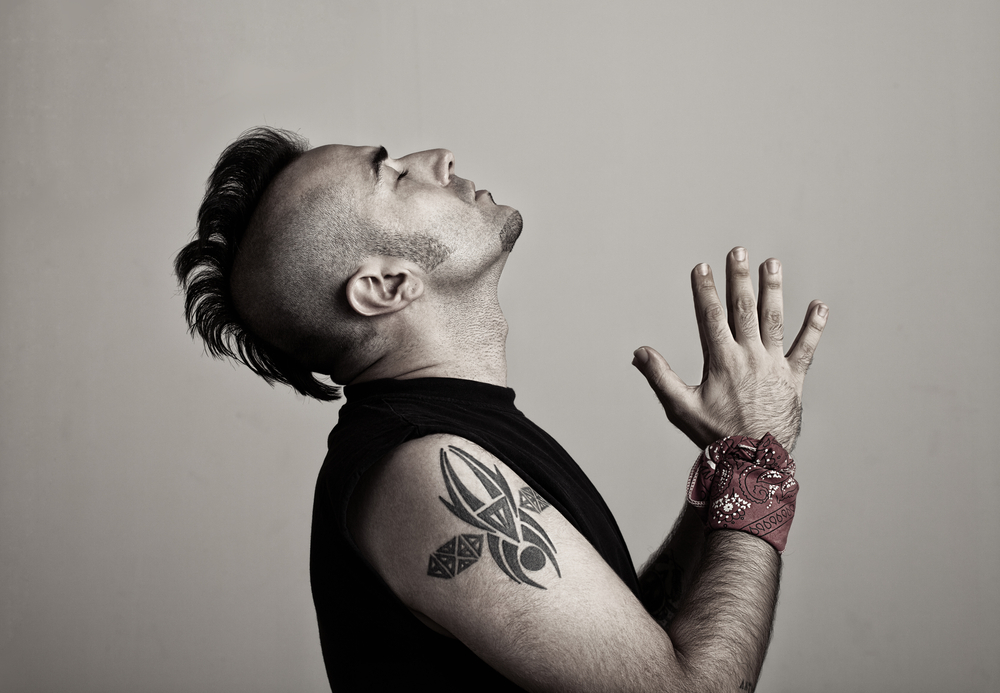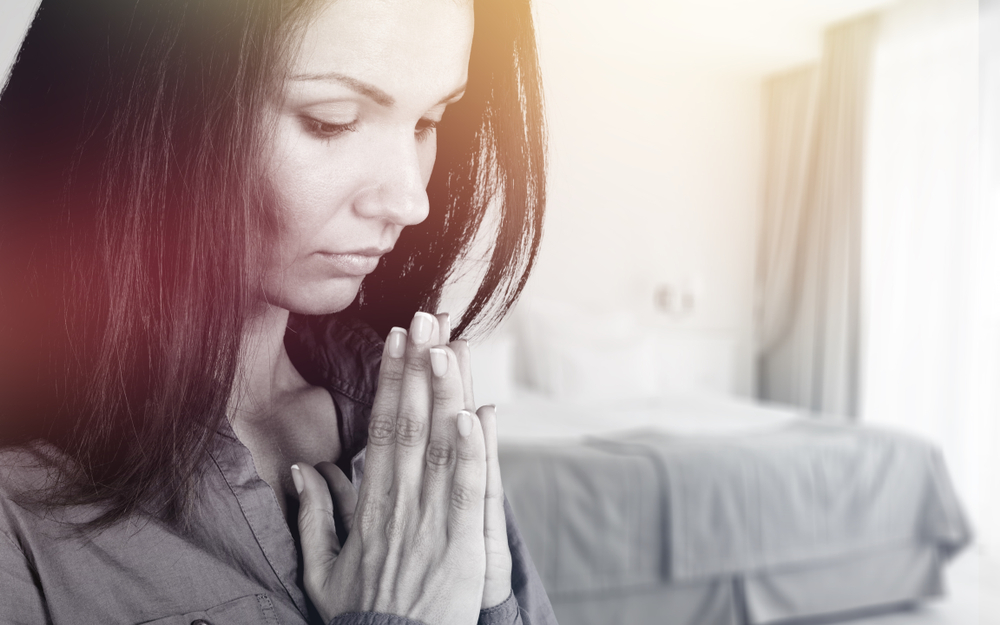Navigating relationships can be challenging, and sometimes it’s hard to decipher when something feels off.

When it comes to your partner’s religion, certain signs might indicate that things are not as they appear. This isn’t about judging anyone’s faith; instead, it’s about recognizing subtle clues that might point to something more concerning. Keep in mind that these are just potential warning signs, not definitive proof. If you notice several of these, it might be worth having an open and honest conversation with your partner to better understand their beliefs and intentions.
1. They pressure you to convert.

Healthy relationships respect individual beliefs and choices. If your partner is constantly pushing you to adopt their faith, using guilt, manipulation, or threats, it’s a major red flag. Conversion should be a personal decision, not something forced upon you.
2. Their religious beliefs justify controlling behavior.

Some might use their religion to excuse controlling or abusive behavior. If your partner cites their faith to dictate your choices, isolate you from friends and family, or control your finances, it’s a sign of a toxic dynamic disguised as religious devotion.
3. They express extremist views or intolerance.

While every religion has its nuances, extreme views or intolerance towards other beliefs and groups are alarming, The Guardian notes. If your partner advocates for violence, discrimination, or hatred in the name of their religion, it’s a significant concern.
4. Their religious community is secretive or exclusive.

Healthy religious communities are welcoming and open. If your partner’s group operates in secrecy, discourages outside contact, or has strict rules about interacting with non-members, it’s a potential sign of something sinister.
5. They demonize those who leave the faith.

If your partner speaks ill of or shuns those who have left their religion, it suggests an environment that discourages critical thinking and independent choices. Healthy faiths respect individual decisions, even if they involve leaving the community.
6. Their interpretation of scripture is rigid and literal.

While faith often involves adhering to certain principles, a rigid and literal interpretation of scripture can be problematic. If your partner rejects any deviation from their interpretation, it can lead to intolerance and extremism.
7. They prioritize their religious community over your relationship.

Healthy relationships involve balance and mutual respect. If your partner consistently prioritizes their religious obligations over your needs and well-being, it can create strain and imbalance in your connection.
8. They use their faith to guilt or manipulate you.

Religion should not be a tool for emotional manipulation. If your partner uses their faith to guilt-trip you into compliance, make you feel inferior, or control your behavior, it’s a sign of a manipulative dynamic.
9. They encourage financial contributions that seem excessive or suspicious.

While many religions involve tithing or donations, excessive demands for financial contributions, especially those that seem secretive or lack transparency, are a red flag. It’s crucial to assess whether these contributions are genuinely supporting the community or benefiting a select few.
10. They isolate you from your existing support network.

If your partner discourages you from spending time with your friends and family, especially those who don’t share their beliefs, it can be a sign of control and isolation. Healthy relationships encourage maintaining connections with loved ones, regardless of their religious affiliation.
11. Their religious beliefs conflict with basic human rights.

If your partner’s religion advocates for practices that violate basic human rights, such as denying medical care, suppressing free speech, or promoting discrimination, it’s a major cause for concern. A loving partner should respect your autonomy and well-being.
12. They exhibit sudden and drastic changes in behavior after joining the religion.

While spiritual growth is natural, a sudden and extreme change in personality, values, or lifestyle after joining a religious group could indicate undue influence or indoctrination. It’s essential to observe whether these changes align with your partner’s true self or seem out of character.
13. They refuse to engage in open and honest conversations about their beliefs.

A healthy relationship involves open communication and mutual understanding. If your partner avoids discussing their religious beliefs, becomes defensive when questioned, or dismisses your concerns, it can create a barrier to intimacy and trust.
14. Your gut feeling tells you something is wrong.

Sometimes, our intuition is the most reliable indicator. If something about your partner’s religion feels off, unsettling, or even dangerous, trust your instincts, Verywell Mind advises. Don’t ignore those feelings; they could be warning you of potential harm or manipulation. It’s crucial to prioritize your safety and well-being, even if it means questioning your relationship.



